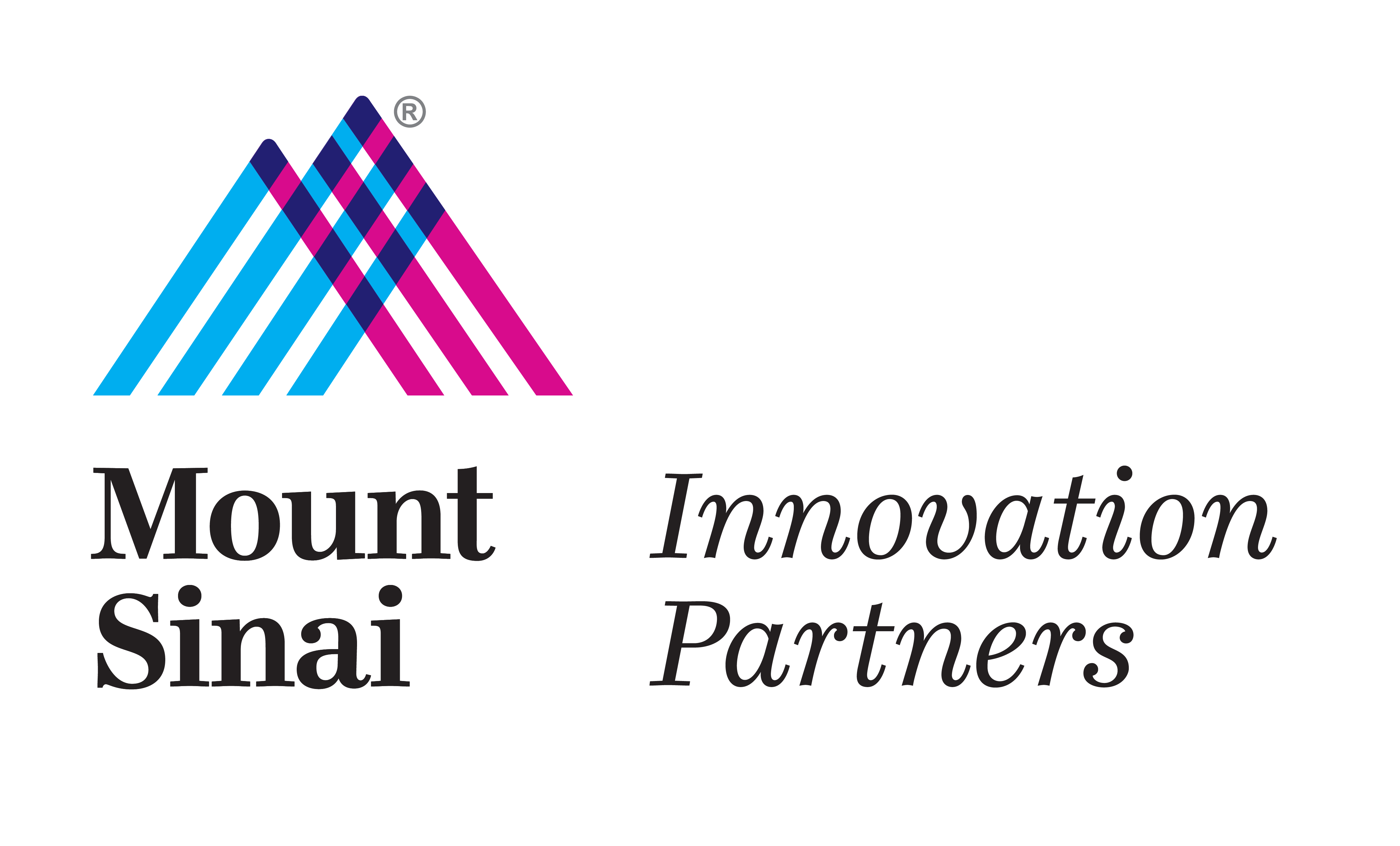May 25, 2017 – An interdisciplinary collaboration including 45 researchers has discovered a new class of drug candidates that activates the tumor suppressor protein PP2A. These new compounds have been shown to inhibit the growth of lung cancer tumors in mice, and have implications for a broad array of intractable cancers as well as neurodegenerative diseases such as Parkinson’s and Alzheimer’s.
The project was started by a medicinal chemistry team in the laboratory of Michael Ohlmeyer, PhD, Associate Professor of Pharmacological Sciences at the Icahn School of Medicine at Mount Sinai. Dr. Ohlmeyer and his Mount Sinai colleagues, David B. Kastrinsky, PhD, and Nilesh Zaware, PhD, showed it was possible to re-engineer an old psychiatric drug, Thorazine, by removing its sedative effect, and develop a new class of anti-cancer drugs that target PP2A. Matthew Galsky, MD, Director of the Novel Therapeutics Program, Clinical Trials Program and Genitourinary Medical Oncology at The Tisch Cancer Institute at Mount Sinai and Professor of Medicine at the Icahn School of Medicine at Mount Sinai, and Goutham Narla, MD, PhD, Pardee-Gerstacker Professor in Cancer Research and Associate Professor at Case Western Reserve University School of Medicine, spearheaded the biological and mechanistic investigation of the new drugs. A recent study in the Journal of Clinical Investigation describes the first phase of this drug discovery program.
“The small molecule described is a completely different, separate, and novel entity from the original drug, Thorazine, from which it was engineered. The drug had interesting biology, but a lot of baggage – a central nervous system effect, a sedative effect – that could only be corrected by medicinal chemistry,” said Dr. Ohlmeyer, illustrating the unconventional approach the collaborators took. Dr. Ohlmeyer, Dr. Kastrinsky and Dr. Zaware proceeded to work on the molecule, removing its central nervous system effects while maintaining its anti-proliferative properties. In the meantime, Dr. Narla elucidated the target of the drug, PP2A, a tumor suppressor. “Downregulation of PP2A is a common event in many cancers and leukemias. PP2A is an enzyme that strips the phosphate molecule off the hyperactive forms of proteins in cancer cells. One such protein is MYC, one of the holy grails of cancer, which has not been successfully matched to a drug. It is stabilized in cancer cells by phosphorylation, and it functions in a way that makes cell growth dysregulated and harmful. PP2A downregulates pro-cancer signals by stripping the phosphate molecule off proteins, like MYC, that signal a pro-cancer cascade, essentially switching them off,” said Dr. Ohlmeyer.
The candidate drug has been shown to activate PP2A, increasing its catalytic activity and its ability to switch off the pro-cancer signals in cells. Dr. Ohlmeyer says, “This is quite unusual for a small molecule. Typically, when one thinks of enzymes, one thinks of inhibitors rather than activators. What we have here is quite rare, an example of a small molecule activator of an enzyme which happens to be an important tumor suppressor, PP2A.”
The applicability of the candidate drug spans a broad spectrum of cancer including breast, prostate, lung, brain, childhood, ovarian, and endometrial cancer. PP2A is also implicated in neurodegenerative diseases such as Parkinson’s and Alzheimer’s. The protein aggregates involved in these diseases are of the hyper-phosphorylated form; therefore, the catalytic activity of PP2A may be useful in these neurodegenerative diseases.
Erik Lium, PhD, Senior Vice President of Mount Sinai Innovation Partners (MSIP), says, “We hold multiple chemical variants of these drugs and have elucidated their biological activity here at Mount Sinai. What must follow is the commercialization of that biology, and that can only be done by partnering with companies through investigational new drug studies to continue development of the technology into a product that can reach the patients who will benefit from it the most.” Mount Sinai holds an extensive patent portfolio covering novel composition of matter on the small molecules used in this study for the treatment of human cancer and other diseases.
About MSIP
MSIP facilitates the real-world application and commercialization of Mount Sinai discoveries and the development of research partnerships with industry. MISP is responsible for the full spectrum of commercialization activities required to bring the Icahn School of Medicine’s inventions to life. These activities include evaluating, patenting, marketing, and licensing new technologies, while also engaging commercial and non-profit relationships for sponsored research, material transfer, and confidentiality. For more information, visit www.ip.mountsinai.org.

